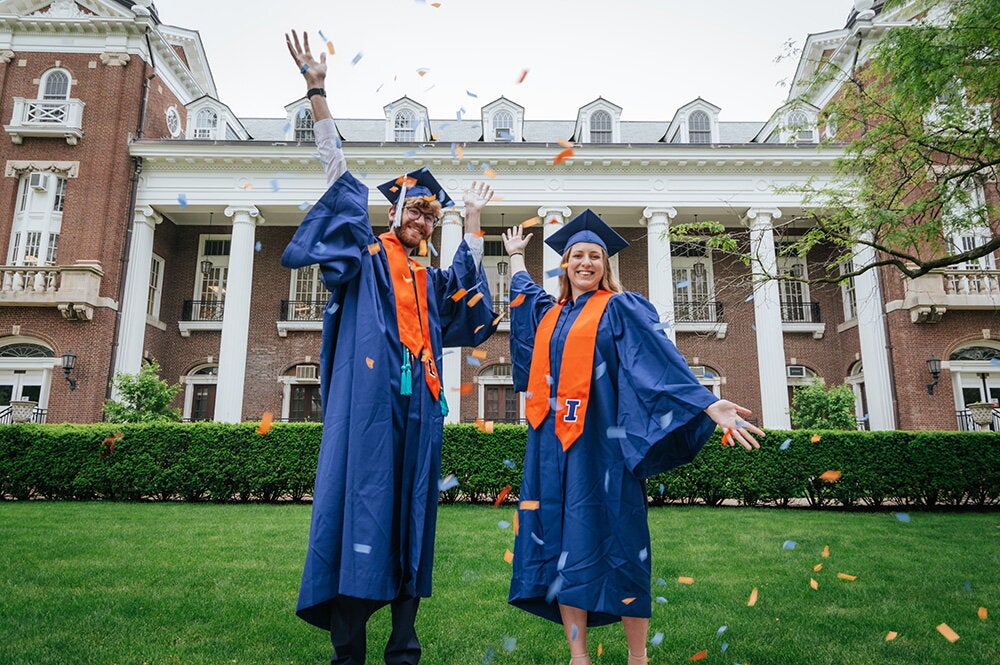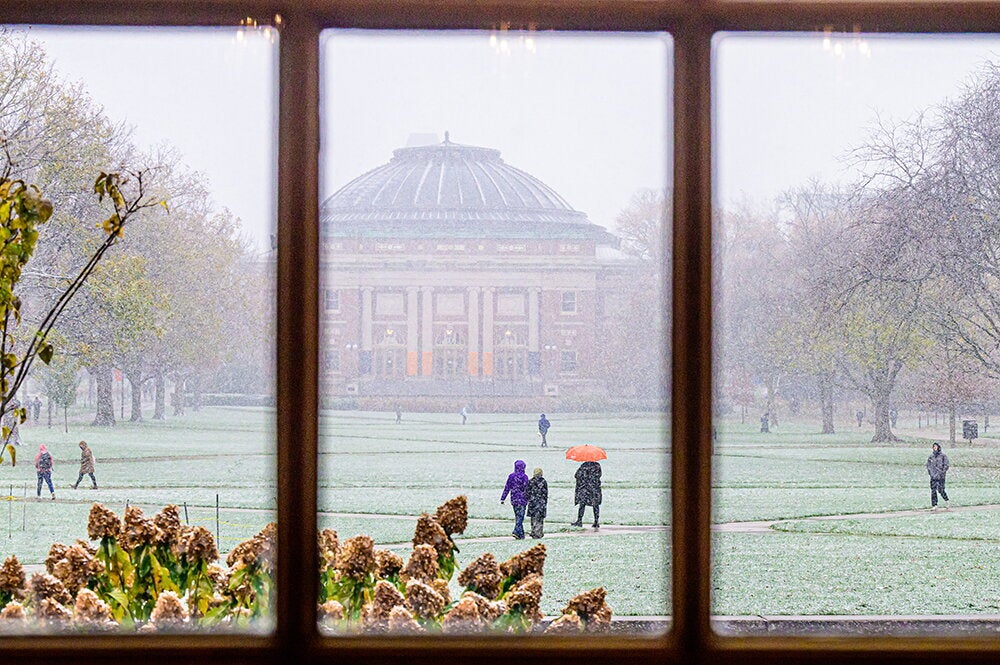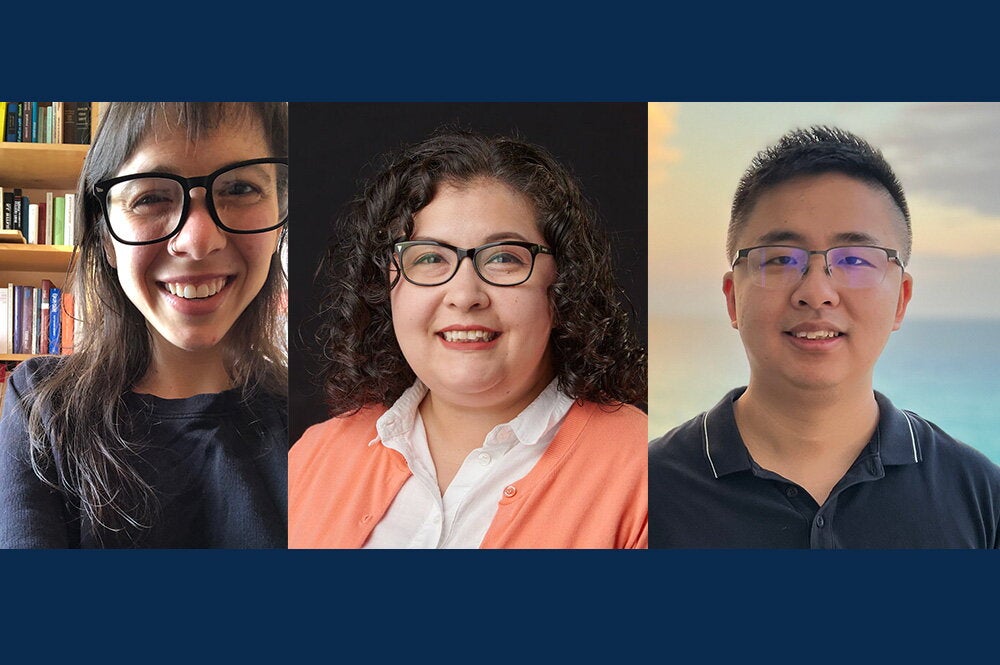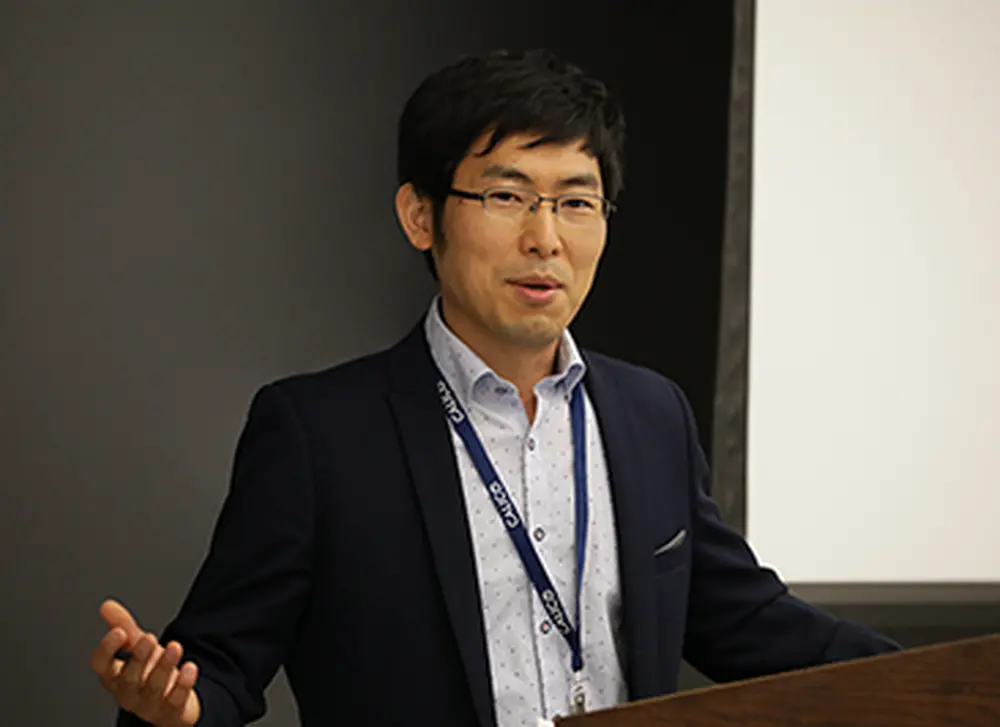
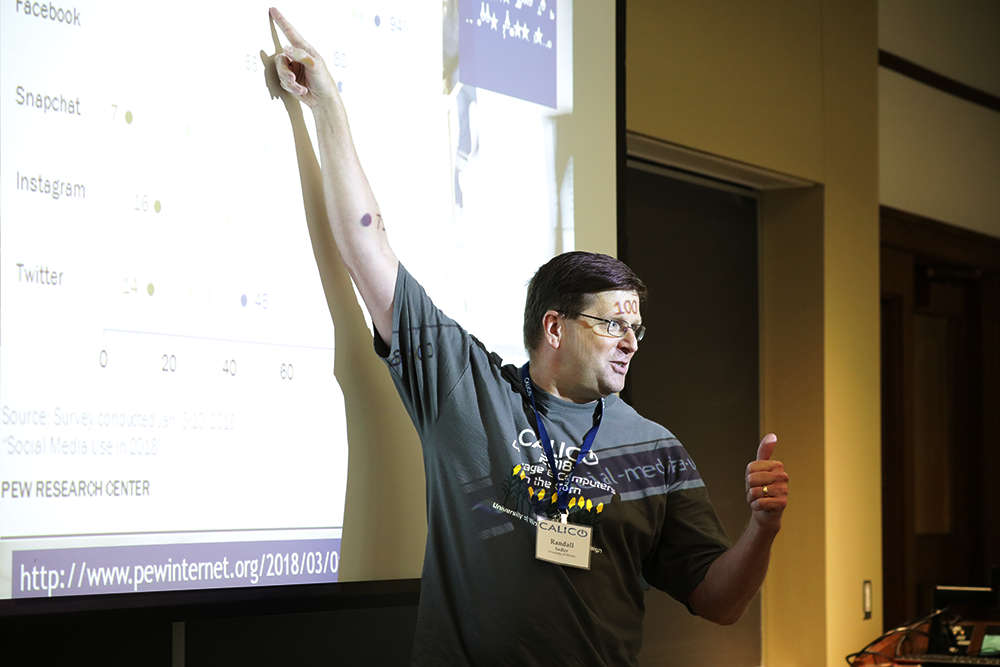
As online programs allow for almost limitless connection across the world, the University of Illinois recently served as host to an international conference that discussed the future of learning language.
The annual Computer-Assisted Language Instruction Consortium 2018 Conference (CALICO) took place this summer on campus, thanks to the efforts of linguistics professor Randall Sadler, also director of Master’s in Teaching English as a Second Language and English as a Second Language programs.
CALICO hosts yearly conferences and publishes an associated journal to keep educators from around the world up to date with the newest technological advances. At this year’s conference, more than 100 workshops and presentations were held to discuss programs for interactive gaming, computer-mediated communication, language learning technologies, virtual worlds, and more
“The greatest power that the internet has given us is this ability to speak with people in the language you want to learn,” Sadler said.
Since coming to the university in 2004, Sadler has been partnering on research with instructors in different countries to learn how to better collaborate with educators in another place. For example, he worked with instructors and students at the Universitat Autònoma de Barcelona, in Barcelona, Spain, and students in Vienna, Austria, to see if collaborating over technology could help students better learn English.
“We were looking to see: Could you use some of these technologies and the telecollaborative component to raise their language learning ability?” Sadler said. They learned that the technologies did help.
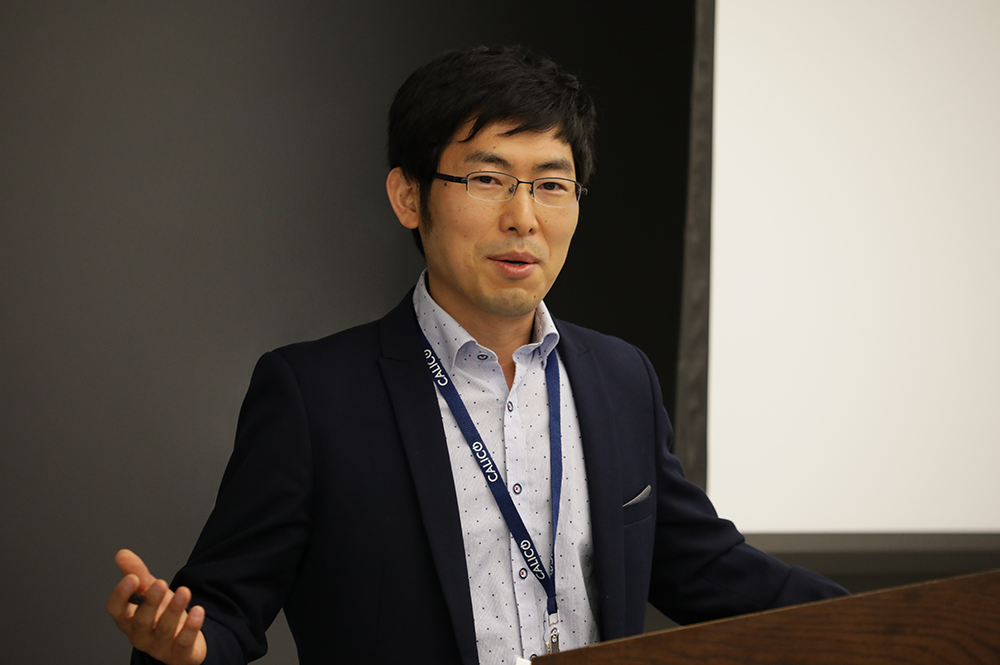
Now, Sadler is hoping to bring more virtual reality and augmented reality into his classroom. With the upcoming opening of the Siebel Center for Design, he hopes to work with them to push for even more innovative technology in his classroom.
Each year, Sadler tries to introduce new concepts and technologies into his technology and language learning seminar. When he first taught his class fifteen years ago, they used Yahoo Communicator, which he referred to as a very early version of Skype.
“That was really it. Now the opportunities for students are just so numerous,” he said.
This endeavor all truly started for him two years before getting his doctoral degree, when Sadler attended CALICO for the first time. Since that first conference, Sadler has been hooked and has been working to bring the conference to campus.
The board approved the proposal and the 2018 CALICO conference was held on campus for the first time this past June. It brought about 230 people from across the nation and world-wide to Champaign-Urbana, said Sadler.
“Because we have such a history with technology and learning, and technology and language learning here, I think a lot of people were very interested,” Sadler said.
In an ode to Plato, the first computer-assisted instruction system which was created at Illinois, he helped decide this year’s CALICO conference theme would be called “Connecting CALL’s Past to its Future.” The talk was given by Brian Dear, a startup entrepreneur who recently published “The Friendly Glow: The Untold Story of the Plato System and the Dawn of Cyberculture.” His talk focused on the development of learning technology via PLATO and growth in the field.
By looking at the past, Sadler hopes participants can appreciate what technology is now being forged in the classrooms—including his.
“Participants would have never known the incredibly strong history in technology and language learning, or technology in general, at the University of Illinois,” Sadler said. “I love that we’re able to get the University of Illinois on the mind of a lot of these scholars.”
